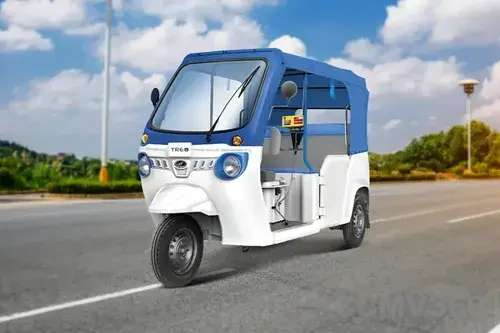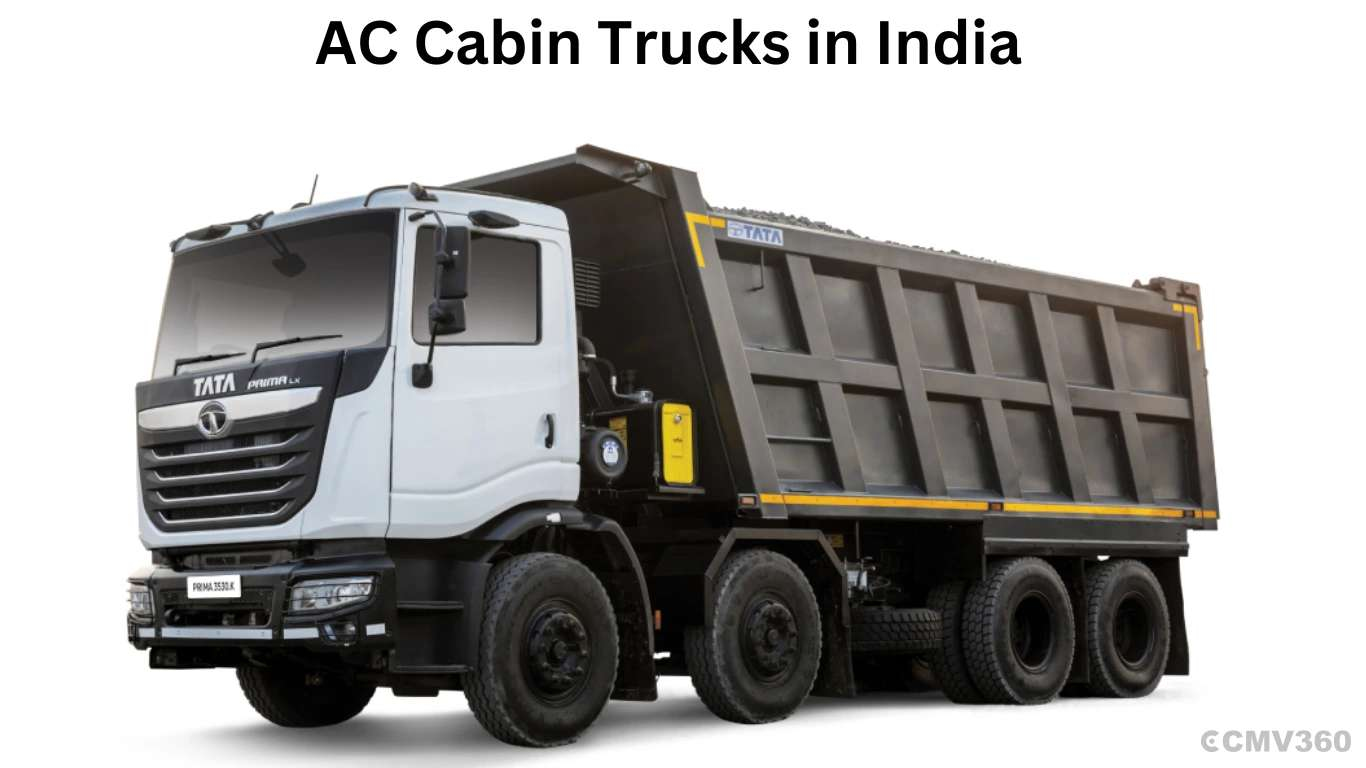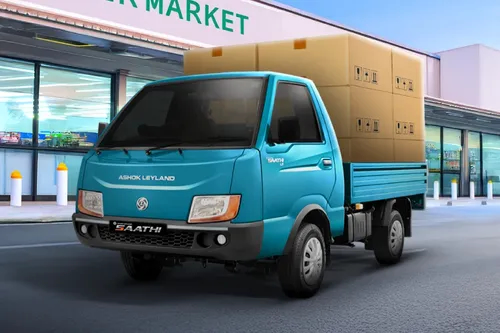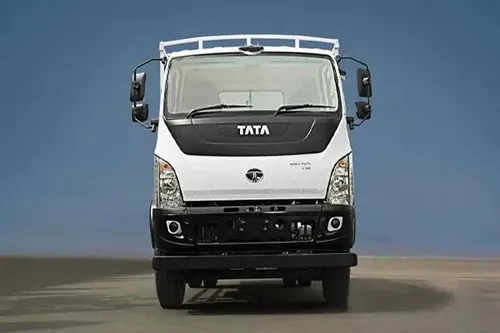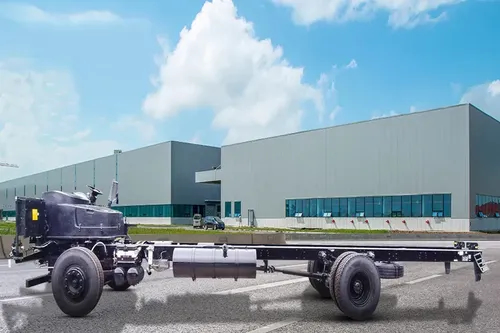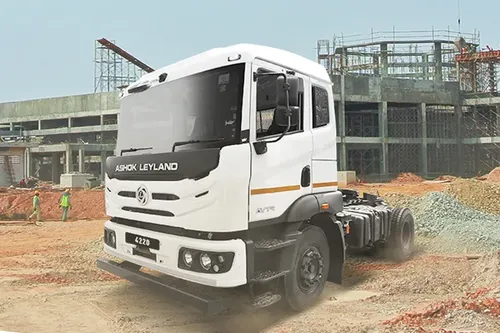Ad
Ad
Coconut Palm Insurance Scheme (CPIS)
What is Coconut Palm Insurance Scheme?
The Coconut Palm Insurance Scheme (CPIS) is a program aimed at supporting small and medium coconut farmers in overcoming potential losses in their cultivation. Coconut farming is a long-term activity that involves various risks, such as changes in climate, natural disasters, insect and pest attacks, which can result in significant losses for farmers. To mitigate these risks, the Coconut Development Board, an agency established by the Ministry of Agriculture in the Government of India, offers insurance programs for the benefit of coconut growers.

The CPIS is designed to provide financial support to coconut farmers in the event of unexpected losses due to any of the above-mentioned risks. The scheme covers the cost of replanting, in the case of complete destruction of the crop, and helps farmers get back on their feet, preserving their livelihood and the stability of the coconut industry as a whole.
Overall, the Coconut Palm Insurance Scheme is a valuable tool for small and medium coconut farmers, providing them with peace of mind and financial security against unexpected events that can potentially ruin their livelihoods. By participating in the CPIS, farmers can safeguard their investment in their crops and ensure their long-term success in the coconut industry.
Objective of Coconut Palm Insurance Scheme (CPIS)
The Coconut Palm Insurance Scheme (CPIS) has been implemented by the Coconut Development Board (CDB) with the aim to provide financial support and stability to coconut growers in India. The main objectives of the scheme are:
- To offer financial assistance for insuring coconut palms against natural and climatic disasters.
- To stabilize the income of coconut growers, especially in times of disaster.
- To minimize the risks involved in coconut farming.
- To encourage farmers to replant coconut palms.
- To promote and restore the coconut farming industry.
Eligibility Criteria for the Coconut Palm Insurance Scheme (CPIS)
The eligibility criteria for the Coconut Palm Insurance Scheme (CPIS) are:
Minimum of 5 healthy nut-bearing coconut palms in a contiguous area are required for the farmer to be eligible for the coverage.
Both Dwarf and Hybrid palm trees that are in the age group of 4-60 years are eligible for the insurance.
Tall palm trees that come under the age group of 7-60 years are also eligible for the coverage.
Unhealthy and old palms are not entitled to the coverage under the scheme.
All healthy palms within the eligible age group can be insured.
Partial insurance of a plantation in the contiguous area is not allowed.
Insurance coverage is offered from the 4th/7th year to the 60th year of the palm tree's life.
The insurance is divided into two age groups, 4-15 years and 16-60 years, for determining the premium and sum insured.
Risks Covered by the Coconut Palm Insurance Scheme (CPIS)
The scheme provides coverage against the following natural and climatic disasters:
- Storms, hailstorms, typhoons, cyclones, tornadoes, floods and heavy rains
- Pest attacks that cause irrecoverable damage to the coconut palms
- Forest fires, bush fires, accidental fires and lightning that destroy the palm completely
- Earthquakes, Tsunamis & landslides
- Severe droughts that can result in death or make the palm unproductive.
Risks Not Covered by the Scheme
The scheme does not provide coverage for losses caused by:
- Theft, war, rebellion, revolution
- Natural perishability or uprooting.
Sum Insured under Coconut Palm Insurance Scheme (CPIS)
The Sum Insured under the Scheme is differentiated based on the age group of the palm.
- Age group between 4 and 15 years:
- Insured sum per palm: Rs 900
Premium payable per plant per year: Rs 9
Age group between 16 and 60 years:
- Insured sum per palm: Rs 1750
- Premium payable per plant per year: Rs 14
Premium Allotment
The premium subsidy for the Insurance amount allotted under the scheme is divided and paid by three entities, as follows:
- Coconut Development Board (CDB): 50%
- State Government: 25%
- Farmers/Growers: 25%
The premium subsidy amount will be provided to the Agricultural Insurance Corporation of India Ltd (AIC) in advance and will be adjusted on a quarterly or yearly basis. In case of any dispute between the State Government and its responsibility to bear 25% of the premium, farmers/growers will be required to pay 10% of the premium on their own interest in the insurance scheme.
How to Enroll in the Coconut Palm Insurance Scheme (CPIS)
To enroll in the Coconut Palm Insurance Scheme, the eligible farmer/cultivator can follow these steps:
- Enroll by 31st March of every year
- If failed to enroll in March, sign up during subsequent months
- The insurance will be covered from the first day of the following month after enrollment
- In case of a risk, intimate Agricultural Insurance Corporation of India Ltd (AIC) within 15 days from the date of disaster with required details
- Submit Loss Assessment Certification provided by Coconut Development Board/Agriculture/Horticulture Department/State Agriculture University within 15 days from the date of intimation
- AIC will review and evaluate the loss and release the premium within one month from the evaluation date
- Pay premium through cash, cheque, or bank draft, drawn in favour of AIC.
Insurance Term under the Coconut Palm Insurance Scheme (CPIS)
- The premium is disbursed annually by the board during the pilot stage of the insurance.
- Farmers/cultivators can enroll by 31st March of every year.
- Late enrollment is possible during subsequent months, with coverage starting from the first day of the next month.
- Failure to enroll by 31st March means the farmers/cultivators won't be able to benefit from the scheme.
Terms and Conditions
- The board assesses the damage to the coconut palm before releasing the claim.
- If a contiguous area has multiple insured palms damaged due to perils, permission to claim will be granted based on the following criteria:
- 10 to 30 palm trees: 1 permissible claim
- 31 to 100 palm trees: 2 permissible claims
- More than 100 palm trees: 3 permissible claims
Premium Payment Procedure in the Coconut Palm Insurance Scheme
- The coconut grower must inform AIC within 15 days of a disaster with all required details.
- Loss Assessment Certification, provided by the Coconut Development Board, Agriculture/Horticulture Department, or State Agriculture University (SAU), must be submitted within 15 days of the date of intimation to explain the loss of palms.
- AIC's committee will review and evaluate the loss, releasing the premium within one month from the date of evaluation.
- If AIC identifies false declaration of age or any material fact provided by the coconut grower, the insurance will be nullified immediately.
- 50% of the claim amount will be paid by CDB, 25% by the concerned State Government, and 25% by the coconut grower.
- In case of failure of payment from the concerned State Government, a minimum of 10% premium should be paid by the coconut grower.
- The farmer/grower may pay the premium through cash, cheque, or bank draft, drawn in favor of AIC.
- The insurance scheme will be terminated once the full claim is paid to the coconut grower.
FAQs on Coconut Palm Insurance Scheme (CPIS)
Here are some FAQs on Coconut Palm Insurance Scheme (CPIS):
Q1. Who is eligible to enroll in CPIS?
A. Eligible farmers/cultivators who meet the criteria set by the Coconut Development Board can enroll in CPIS.
Q2. When can someone enroll in CPIS?
A. Enrollment in CPIS can be done annually by 31st March. If missed, enrollment can be done during subsequent months.
Q3. How is the premium calculated under CPIS?
A. The premium for the CPIS varies according to the age group of the palm tree. For age group between 4 and 15 years, the premium payable per plant per year is Rs. 9, and for age group between 16 and 60 years, it is Rs. 14.
Q4. How is the insurance sum determined under CPIS?
A. The insured sum for the palms varies according to the age group of the palm tree. For age group between 4 and 15 years, the insured sum is 900 per palm, and for age group between 16 and 60 years, it is 1750 per palm.
Q5. Who pays the premium under CPIS?
A. The premium subsidy under CPIS is shared and paid as follows: 50% by the Coconut Development Board, 25% by the State Government, and 25% by the farmers/growers.
Q6. What is the procedure for premium payment under CPIS?
A. The premium under CPIS can be paid through cash, cheque, or bank draft, drawn in favour of Agricultural Insurance Corporation of India Ltd (AIC). In case of failure of payment from the State Government, a minimum of 10% premium should be paid by the coconut growers.
Q7. What is the term of the insurance under CPIS?
A. The board disburses premium annually during the pilot stage of the insurance. The insurance will be covered from the first day of the month following enrollment.
Q8. What happens in case of a claim under CPIS?
A. In case of a claim, the coconut grower should intimate AIC within 15 days from the date of disaster with required details. Loss Assessment Certification should be submitted within 15 days from the date of intimation. AIC will review and evaluate the loss and release the premium within one month from the evaluation date.
Features & Articles
Benefits of Buying a Mahindra Treo In India
Discover the top benefits of buying the Mahindra Treo electric auto in India, from low running costs and strong performance to modern features, high safety, and long-term...
06-May-25 11:35 AM
Read Full NewsSummer Truck Maintenance Guide in India
This article provides a simple and easy-to-follow summer truck maintenance guide for Indian roads. These tips ensure that your truck remains reliable and efficient during...
04-Apr-25 01:18 PM
Read Full NewsAC Cabin Trucks in India 2025: Merits, Demerits, and Top 5 Models Explained
From 1st October 2025, all new medium and heavy trucks must have air-conditioned (AC) cabins. In this article, we will discuss why every truck should have an AC cabin, it...
25-Mar-25 07:19 AM
Read Full NewsBenefits of Buying Montra Eviator In India
Discover the benefits of buying the Montra Eviator electric LCV in India. With best performance, long range, and advanced features, it's perfect for city transport and la...
17-Mar-25 07:00 AM
Read Full NewsTop 10 Truck Spare Parts Every Owner Should Know
In this article, we discussed the top 10 important truck spare parts every owner should know to keep their truck running smoothly. ...
13-Mar-25 09:52 AM
Read Full NewsTop 5 Maintenance Tips for Buses in India 2025
Operating a bus in India or managing a fleet for your company? Discover the top 5 maintenance tips for buses in India to keep them in top condition, reducing downtime, an...
10-Mar-25 12:18 PM
Read Full NewsAd
Ad
Registered Office Address
Delente Technologies Pvt. Ltd.
M3M Cosmopolitan, 12th Cosmopolitan,
Golf Course Ext Rd, Sector 66, Gurugram, Haryana
pincode - 122002
Join CMV360
Receive pricing updates, buying tips & more!
Follow Us
COMMERCIAL VEHICLE BUYING BECOMES EASY AT CMV360
CMV360 - is a leading commercial vehicle marketplace. We helps consumers to Buy, Finance, Insure and Service their commercial vehicles.
We bring great transparency on pricing, information and comparison of tractors, trucks, buses and three wheelers.
